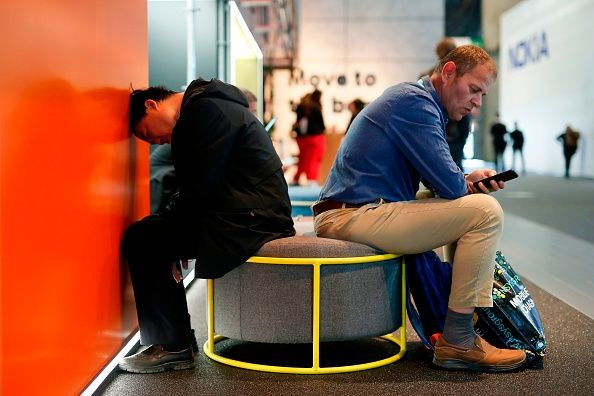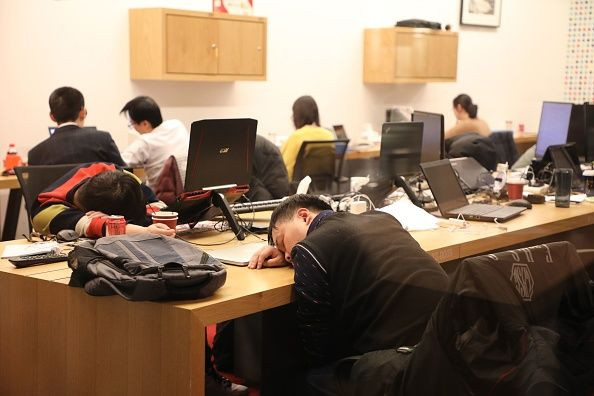Early Riser Or Night Owl? Sleep Pattern Determines Workplace Performance, Says Study

Sleeping pattern plays a vital role in the performance of people and disrupted sleep can lead to unethical behaviors, says study.
Typically, early risers feel energetic for the next few hours of the day. Several studies have already indicated that logical reasoning for people peaks mid-morning, problem solving ability improves early in the afternoon. Post-lunch many people experience a dip in energy.
However, a study titled “The Morality of Larks and Owls: Unethical Behavior Depends on Chronotype as Well as Time of Day” suggested that the behavioral pattern and performance of a person depends on his sleeping pattern.
The research paper referred two popular chronotypes as larks and owls. Larks get up early in the morning with high energy and mood, whereas, owls are more active later in the day. Larks experience peaks and dips of energy earlier in the day and owls feel it later.
A 2014 study published in the Sage Journal also suggested that larks and owls are likely to display some deviant and unethical behavior if they are forced to work outside their natural rhythms. According to the research paper, chronotypes can perform better if they are allowed to set their own working hours based on their sleeping patterns.
Science journalist Linda Geddes, who is also the author of “Chasing the Sun: The New Science of Sunlight and How it Shapes Our Bodies and Minds”, also believes that workplaces must have flexi-working time to accommodate different chronotypes.
“And if you don’t get enough sleep, research suggests you are more likely to engage with unethical and deviant behavior, such as being mean, bullying your fellow employees or falsifying receipts. But it’s not just owls: the larks tend to behave more unethically in the evening, and owls in the morning. So ideally, you want to introduce flexible working,” she explained.
The author initially spoke about the need for flexible working hours in her latest book “Chasing the Sun”. According to her, it would “help to level the playing field, it could boost workplace productivity and employees’ health and happiness … such an approach could create a more harmonious and morally sound workplace”.
Recently, the author spoke about the flexi-working pattern again at the Hay Festival on Monday. While sharing her views about flexible working hours at work places, Gaddes said studies suggest that chronotypes could be described as less competent poor performers by their managers if both of them don’t fall in the same chronotype.
“That’s kind of a problem because research suggests if your manager is a lark and you’re a night owl, they’re going to judge your performance more poorly. Lark managers tend to perceive more owlish workers who start later or just don’t get going until 10am, they judge them as less competent. And if you’re an owl forced to start work early, you’re going to curb your sleep,” Gaddes said.
Flexibility in working hours has been introduced by several companies across the globe. A survey report by Society for Human Resource Management indicates that more than 25 percent of the American companies allow their employees to work outside normal business hours.
More companies are expected to introduce flexi working hours for their employees in the near future as it will benefit the organizations also. Some of the key benefits organizations can enjoy by introducing flexi-working are staff retention, productivity, extension of opening hours and staff availability.

© Copyright IBTimes 2024. All rights reserved.





















